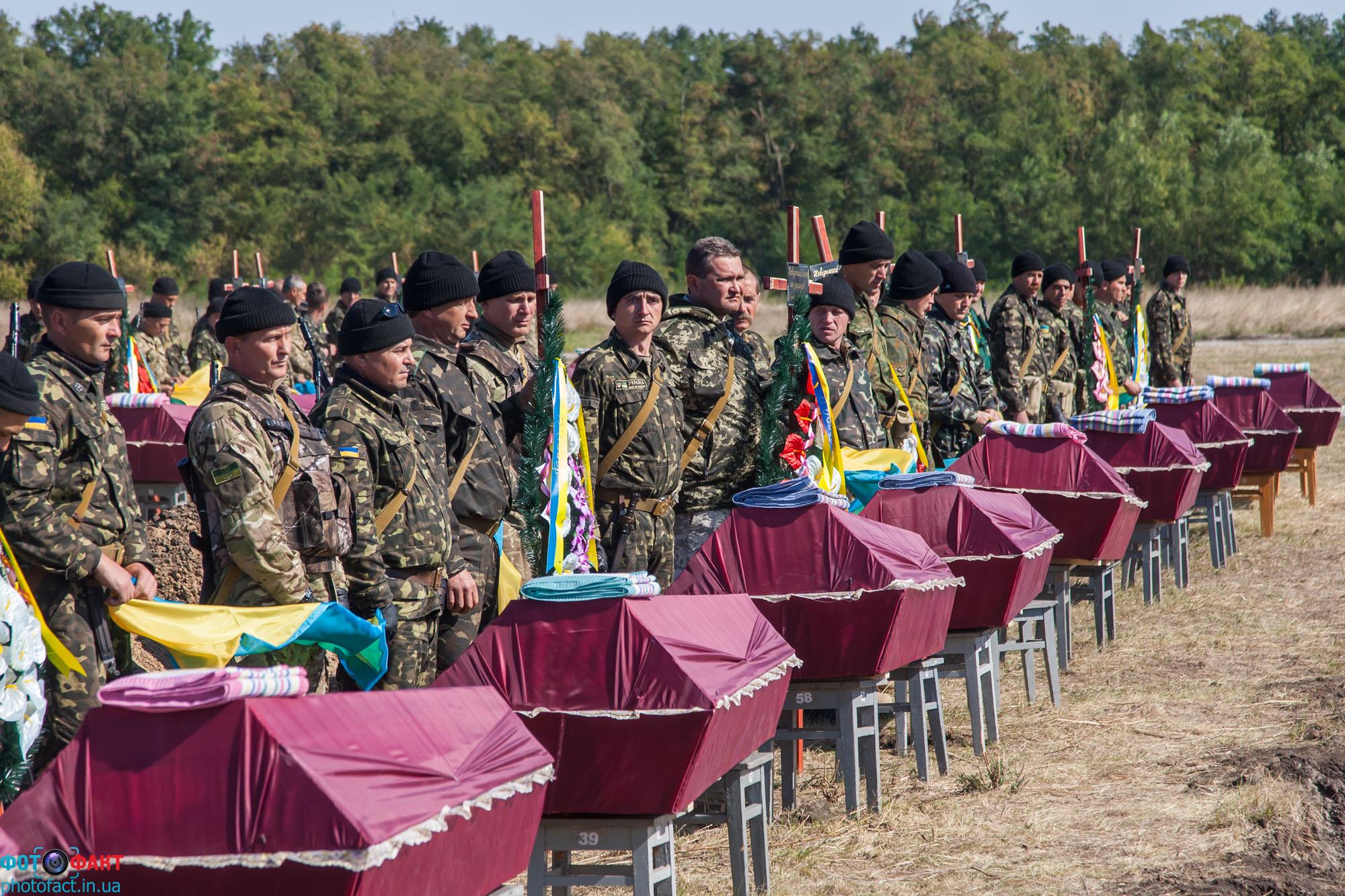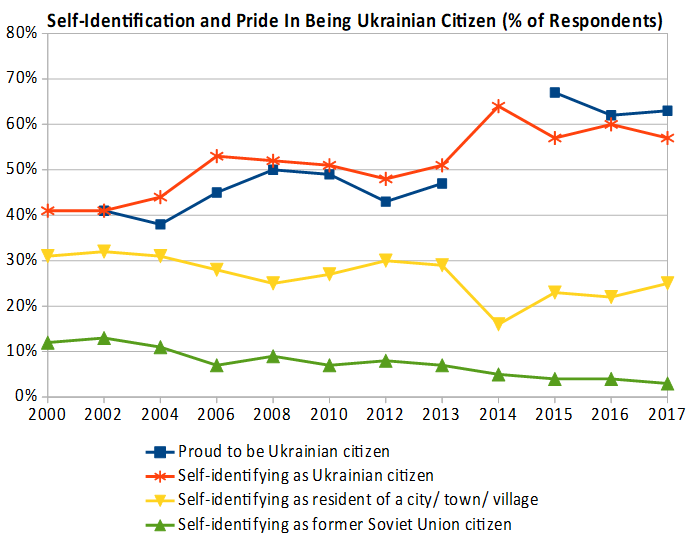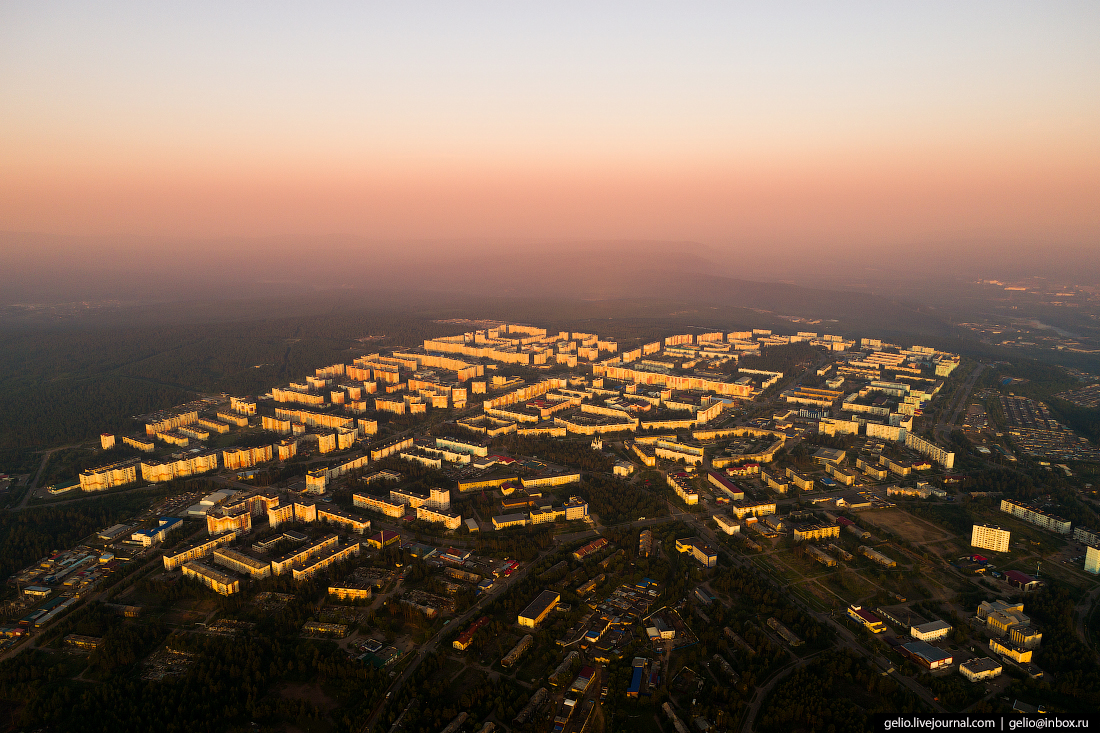The Russian Anschluss of Crimea and invasion of Donbas have put strains on Ukraine that have led to a dramatic rise in mortality rates not just in the regions directly affected but across the country, according to Nataliya Ryngach, a demographer at the Ukrainian Academy of Sciences.
The Ukrainian State Statistical Committee reports that the number of Ukrainians declined by 164,800 over the last year, primarily the result of increased deaths relative to births, and that “there was not a single region where mortality fell,” according to Alina Bondareva in a report in “Vesti.”
For the country as a whole, Kyiv reported, mortality increased by 14.7 percent between July 2014 and July 2015, up by more than four percent compared to the previous year-on-year figures. Hardest hit were Dnipropetrovsk, Odesa and Kharkiv oblasts; least affected were Volyn, Chernivtsi and Kirovohrad.
In her discussion of these figures, Ryngach says that the Russian war and the losses from it were a major factor.
“If the war continues,” the Ukrainian demographer says, “this will become a most serious problem in Ukraine considering that mortality among men is three times greater than among women for the age cohort between 20 and 60.” That will affect marriage patterns and thus the number of children born.
Ryngach adds that there are several reasons why Dnepropetrovsk, Odesa and Kharkiv are doing especially poorly. “These are industrial regions where there are problems with ecology. Also, as a result of the crisis many have lost work and do not have the means to maintain their earlier standard of living. And of course the war.”
“In Dnepropetrovsk,” sociologist Pavel Korniyenko adds, “there are many military units, and there are many deaths among them.” He says that the regions doing relatively better have fewer environmental and economic problems and also have fewer military personnel within their borders.
A third specialist, Oleksandr Okhrimenko, says that the crisis has affected mortality in another way: medicines have become more expensive, and some cannot afford the drugs that they need.
There are two obvious conclusions to be drawn from these figures and this discussion.
On the one hand, the Russian-imposed losses on Ukraine include not just those soldiers who have died at the front but also the tens of thousands of Ukrainians who have died as a result of the indirect consequences of the war.
And on the other, these new figures show that there are enormous opportunities for Western countries to provide Ukraine with “non-lethal” aid, something that those reluctant to give Kyiv with the military assistance it needs to resist the Russian invasion ought to find easier to do -- and a step that will save thousands of lives.





